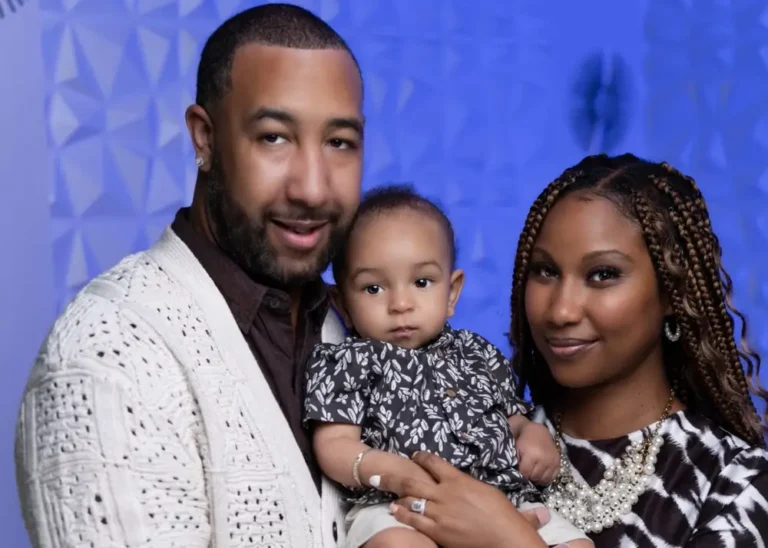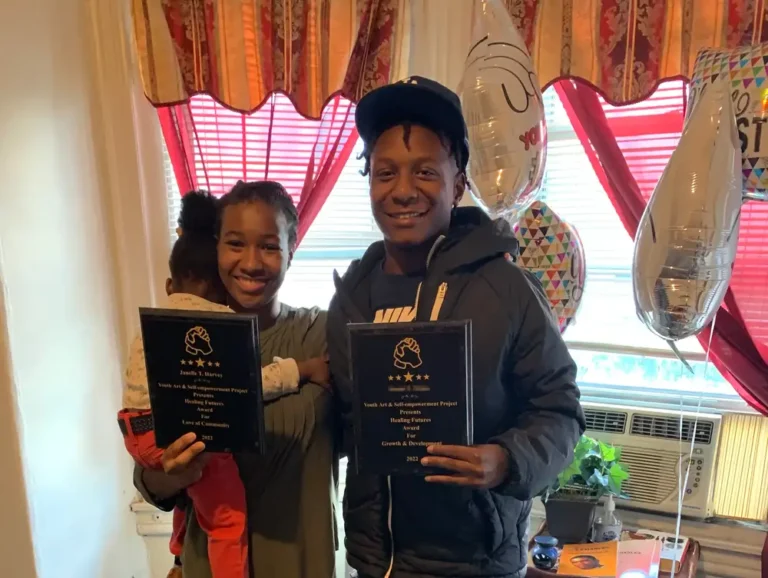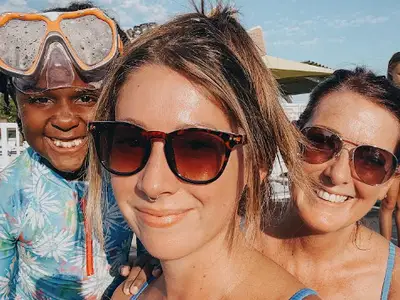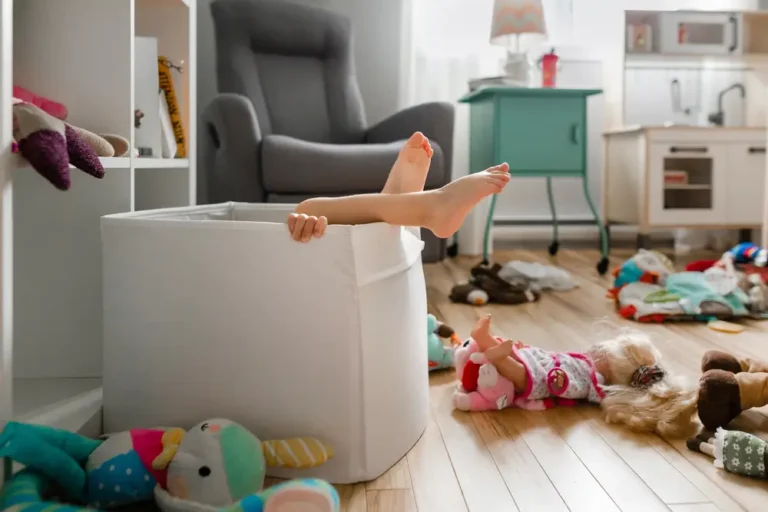I’m an introvert with 3 kids who gets drained in other people’s company. Here’s how I navigate parenting.
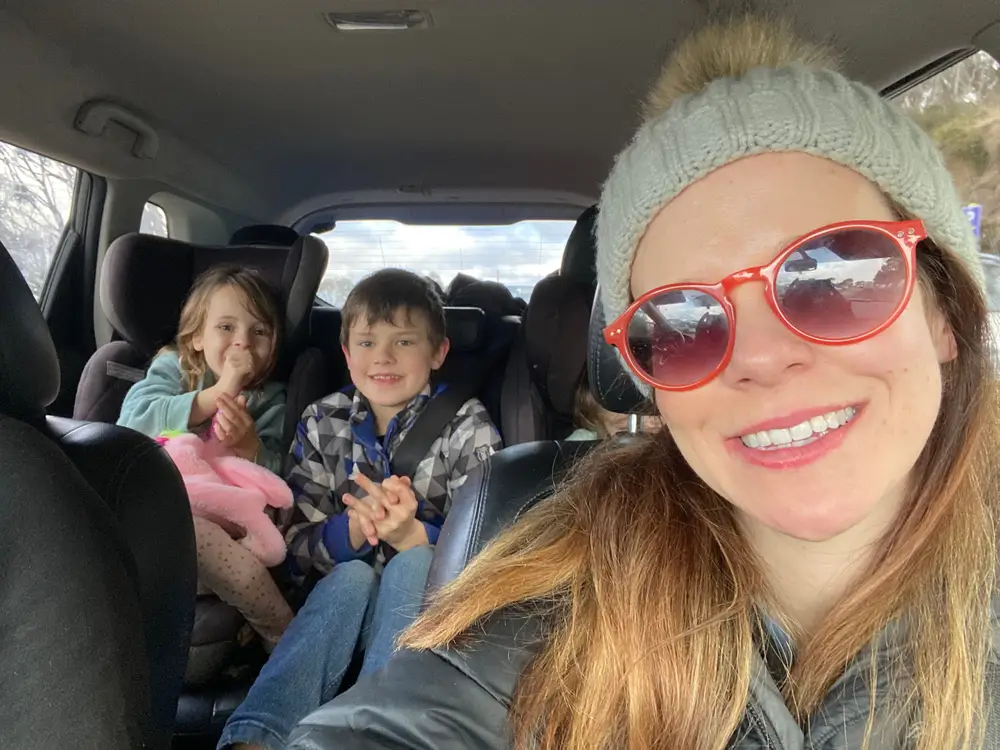
Melissa Noble has three kids.
I’ve never had a problem chatting to people, and for a long time I thought that that made me an extrovert. I assumed that being an introvert meant you were shy and struggled to strike up a conversation with strangers.
I still remember when my best friend casually mentioned one day that I was a “total introvert”, and I took offense. But when I Googled what the actual definition was, I realized she was 100% right.
The difference between being an introvert and an extrovert isn’t what I thought
Swiss psychiatrist Carl Jung defined introverts as people who generally direct their interest inward, toward their own thoughts and feelings. Extroverts direct their attention toward other people and the outside world.
What’s key is that introverts and extroverts seek energy in different ways. Introverts like to recharge and reflect in solitude, avoid being the center of attention, and often prefer one-on-one friendships. Extroverts, on the other hand, get their energy from being around other people. They thrive in crowds, don’t mind being the center of attention, and enjoy more stimulation.
It’s not always black and white — most people fall somewhere in the middle and are classified as ambiverts. In other words, they have both introverted and extroverted tendencies, and they change depending on the situation. But I definitely lean towards the introverted personality type. While I love being with people and hanging out with my friends, I need my alone time to recover.
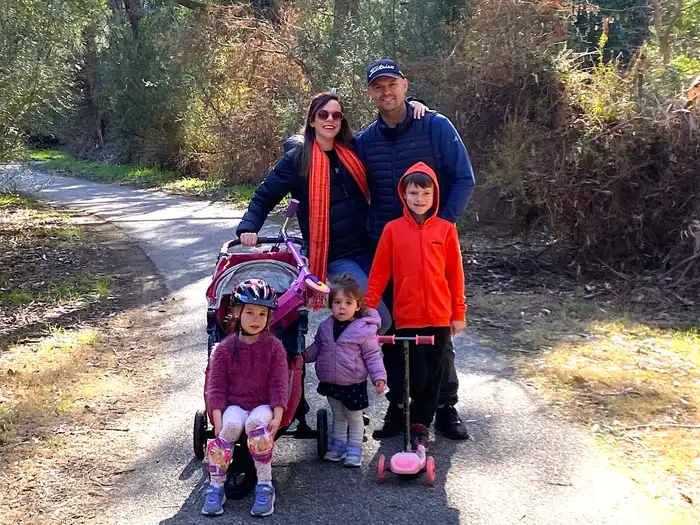
Melissa Noble likes walking in nature with her family.
Parenting as an introvert can be tricky
As a parent who is an introvert, it can be tricky to manage the stimulation that comes with the gig. Some days, the questions from my three kids are relentless, and the noise levels leave me wanting to hide in my cupboard. However, I have found a few ways to navigate being an introverted parent that help me to cope.
Firstly, I try to carve a bit of downtime into each day. When my 2-year-old is napping, the older two (aged 5 and 9) watch a movie or do a quiet activity like coloring while I recharge my social energy levels. Even if that means I’m folding clothes or unpacking the dishwasher, I find it helps just to be silent.
Next, I try to keep playdates and catch-ups to about two hours max so I don’t feel too drained by the end of the social interaction. I find two hours is that sweet spot where everyone’s had fun, but we are ready to head home.
Lastly, I plan a lot of quiet activities with the kids. Don’t get me wrong, there are boisterous trips to indoor play centers, too, but when we’re at home, we often read books together, paint in the garden while listening to the birds, and do puzzles. My kids seem to enjoy these activities as much as I do.
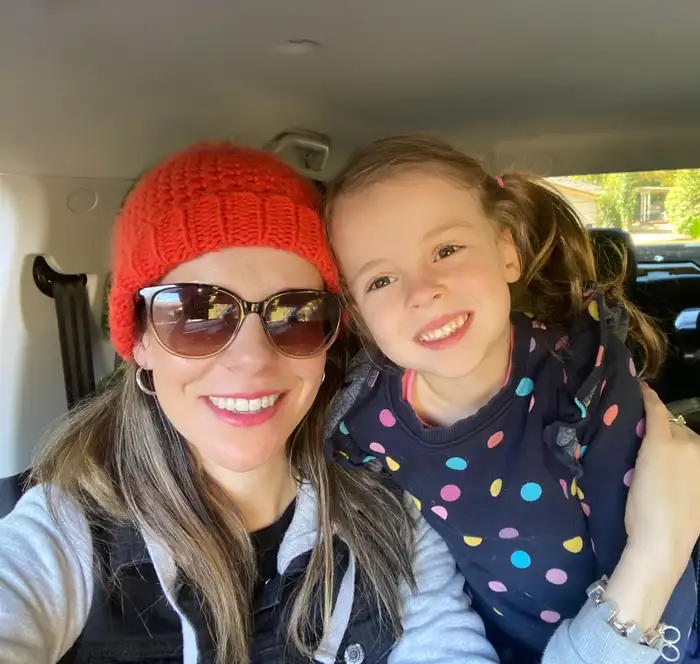
Melissa Noble likes doing quiet activities with her kids.
Some days, as a parent, I do feel my energy levels start to plunge. I generally take a walk in nature to recharge while my husband tag-teams with the kids. Even a quick 15-minute walk can make a world of difference, I find.
If all else fails, I simply tell my kids how I’m feeling. I tried this recently when I was having a meltdown in the car, and the three kids were hammering me with questions about everything from the origin of the Olympics to how to translate the word “toe” into French.
“Mummy’s feeling a bit tired and needs a break from talking,” I said, looking at them in the rear-view mirror. “Is that OK, guys?”
To my delight, three little mouths curled up into smiles, and they nodded. Often, kids understand more than we give them credit for. At that moment, I felt completely understood and heard, and so grateful for my babies. “They totally get me,” I thought, smiling silently the whole way home.

